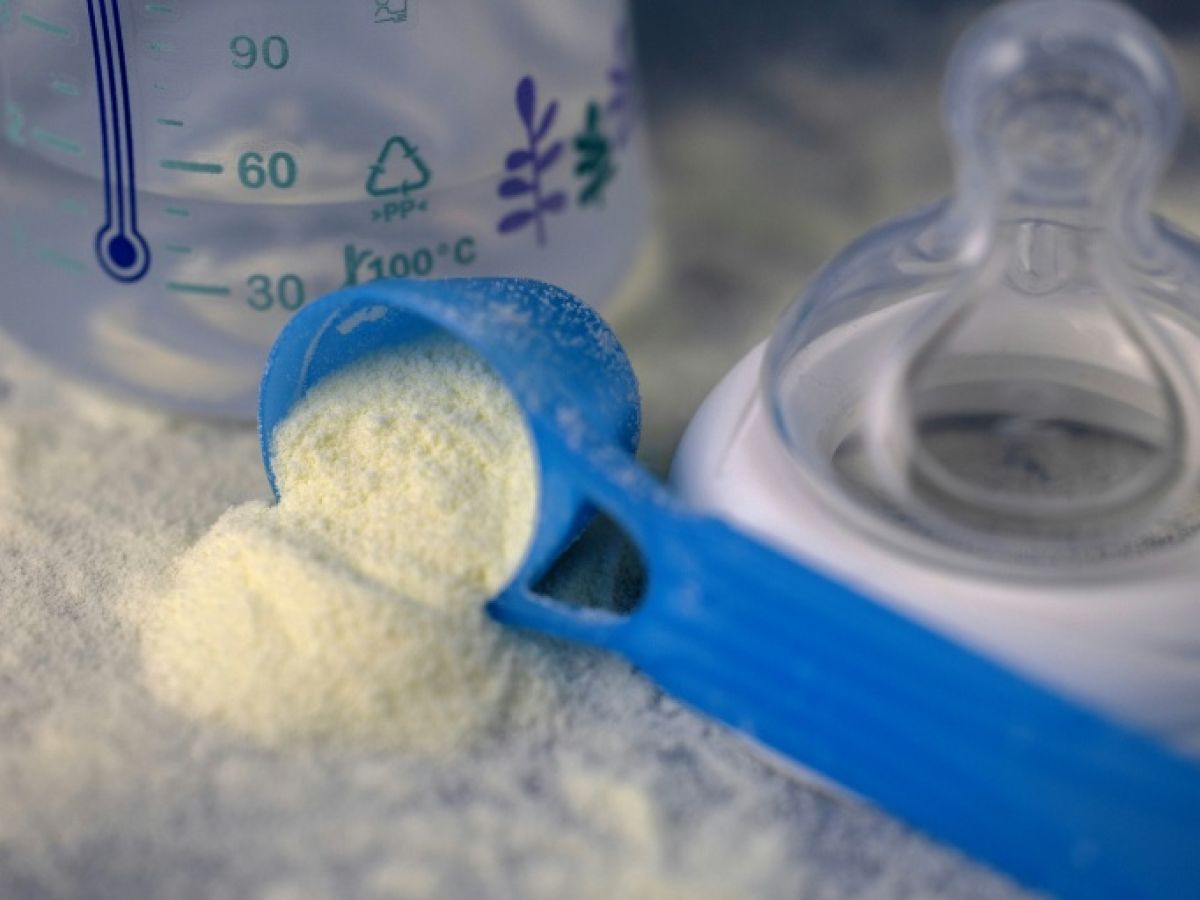

It's that time of year when respiratory viruses start circulating widely, but how can you tell the difference between symptoms of a cold, the flu, and COVID-19?
Dr. William Brian Glennfrom Hackensack Meridian Medical Group in New Jersey, shares what you need to know to be prepared for whatever virus comes your way this fall and winter.
The challenge with colds, flu and COVID-19 is that everyone's symptoms are similar, Glenn noted.
A cold can manifest itself by coughing, sneezing, a runny nosea sore throat and fatigue, while the flu can include all of these symptoms plus headache, fever, chills, body aches and fatigue.
Meanwhile, COVID can present with cold and flu symptoms, as well as loss of taste or smell, diarrhea, nausea and vomiting, or shortness of breath, Glenn said.
Cold symptoms tend to come on gradually, while flu symptoms come on suddenly. COVID-19 symptoms appear two to 14 days after exposure to a surface and can progress to more severe symptoms in some people.
Are some people more at risk of developing colds, flu, and COVID-19 than others?
Elderly people, as well as children and adults with chronic diseases including diabetes, lung diseases or renal, metabolic disorders, heart disease and cancer, are more susceptible to respiratory infections. Taking certain medications that weaken the immune system may also increase the risk of contracting these diseases, Glenn added.
If you are traveling, remember that cold and flu season in your destination country may be different than in the United States. Check with your local U.S. Centers for Disease Control and Prevention what vaccinations are required in your destination country.
If you are at average risk of contracting any of these respiratory viruses, follow the guidelines for flu and COVID vaccines. If you are at higher risk due to other health conditions or concerns, you should talk to your healthcare provider about the prevention strategy that is right for you.
To protect yourself from all of these viruses, wash your hands frequently, cover your cough, sneeze into your shoulder, wear a mask when appropriate, regularly clean high-touch surfaces (counters, doorknobs, toilet handles), stay hydrated and rest when needed, Glenn said.
Copyright © 2024 HealthDay. All rights reserved.
Quote: Is it a cold, flu or COVID-19? An expert helps you sort it out (2024, September 22) retrieved September 22, 2024 from https://medicalxpress.com/news/2024-09-cold-flu-covid-expert.html
This document is subject to copyright. Apart from any fair dealing for the purpose of private study or research, no part may be reproduced without written permission. The content is provided for informational purposes only.

